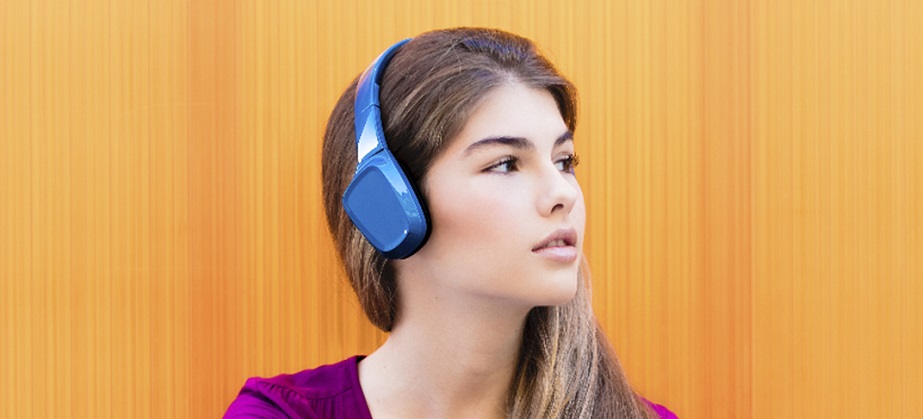
We are surrounded by sound in our everyday lives. That's why you should keep in mind the importance of noises and loud music. It is very likely that most of us are not fully aware of the annoying sounds we are exposed to every day; we indeed consider them as part of our routine. Whether it is at home, while you are at work or on your way to the office. You should consider some guidelines concerning decibel levels to prevent them from becoming damaging to your health.
This is the unit of measurement for sound pressure or sound level (expressed in dB). Thus, depending on the sound pressure exerted by the sound wave emitter, a range of auditory perception is established at the hearing threshold:
The use of headphones is not damaging to the health. Uncontrolled use can have negative effects on your hearing system. We therefore propose these recommendations to avoid negative consequences:
To avoid this, we recommend that you first disinfect the earphones with some alcohol or replace the eartips.
What are decibels?
This is the unit of measurement for sound pressure or sound level (expressed in dB). Thus, depending on the sound pressure exerted by the sound wave emitter, a range of auditory perception is established at the hearing threshold:
- The softest sound some humans can hear is 20 dB or less.
- A normal conversation ranges from 40 dB to 60 dB.
- A rock concert is between 110 dB and 120 dB and can be up to 140 dB in front of the speakers.
 Can listening to music with headphones be harmful?
Can listening to music with headphones be harmful?
The use of headphones is not damaging to the health. Uncontrolled use can have negative effects on your hearing system. We therefore propose these recommendations to avoid negative consequences:
- Take five-minute breaks after listening to music for one hour.
- Keep the volume below 70%, as a general rule. This is very important because high volume level so close to the bowl of your ear can be harmful.
- Do not share your earphones without first taking hygiene measures. One of the most unknown aspects is the risk associated with one of the most widespread customs: sharing earphones. Compared to sharing your toothbrush, bacteria are also transmitted and can lead to ear infections.
To avoid this, we recommend that you first disinfect the earphones with some alcohol or replace the eartips.




